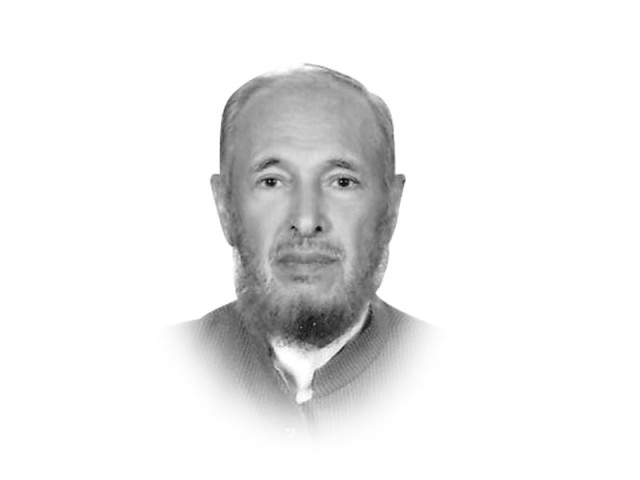Kabul’s Loya Jirga
The jirga delivered its expected verdict, according to which US military presence in Afghanistan was legitimised.

Those who were attending the jirga were all nominated by the government; carefully selected with a view to obtaining a resounding ‘yes’ for the decision, already reached, to allow long-term US military presence in the country. However, in an assembly of 2,000 participants, there inevitably were some who opposed the government move, thereby creating an impression of members being under no pressure or obligation to support the government.
The following facts, however, militate against the proceedings being regarded as a genuine expression of the will of the people: a) No one from the resistance participated in the deliberations; b) On the one hand, the Afghan president has been calling the US forces an army of occupation; on the other hand he is seeking an extended role for such an ‘occupation’ army; c) The coalition forces have, in the last 10 years, killed more than 130,000 innocent civilians.
The jirga delivered its expected verdict on November 19, according to which American military presence in Afghanistan, under what is generally regarded as a puppet government was, in fact, legitimised.
Afghanistan could thus, in the calculations of the Pentagon and the CIA, become a US satellite that would help achieve the following wider objectives: a) Permanent deployment of US combat troops along the Iranian border would be a sword of Damocles around Iran; b) The US would become an accepted partner in establishing its influence in the Central Asia region. The oil and gas deposits of Central Asia would no longer be out of reach for the US; c) China would no longer be allowed to establish its monopoly in terms of political influence in Central Asia; d) Such a presence in Afghanistan would afford the US an opportunity to watch with an intimidating eye the development of nuclear programmes; e) Such being the post-2014 scenario, it would almost certainly create an acute anti-US sentiment in both China and Iran.
If Pakistan continues to lend its support to such US military presence in Afghanistan by continuing to allow vital supplies to pass through its territory, relations with both China and Iran could come under severe strain. This may, incidentally, be one of the camouflaged objectives that the US could seek to achieve. But any cracks developing in relations with China and Iran would be seen with the greatest concern by the people of Pakistan.
A far greater danger, however, would be the continuing fighting in Afghanistan itself that such permanent presence could almost certainly provoke. Constant turmoil in Afghanistan, as tribes defy and challenge US military occupation of the country, could be a substantial factor for instability in the whole region. Imperial hubris has forced yet another unnecessary war and unwarranted occupation of a small, impoverished country. Even the most trumpeted but invalid argument of making Afghanistan save al Qaeda, has lost its relevance. But for the mostly gullible American public, this is the only ridiculous reasoning that is put forward by the new conservatives to justify a senseless, brutalising campaign.
Published in The Express Tribune, November 22nd, 2011.















COMMENTS
Comments are moderated and generally will be posted if they are on-topic and not abusive.
For more information, please see our Comments FAQ